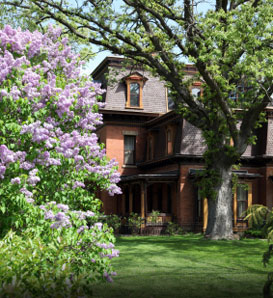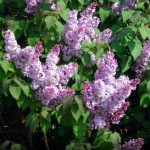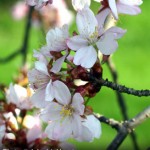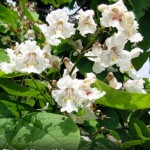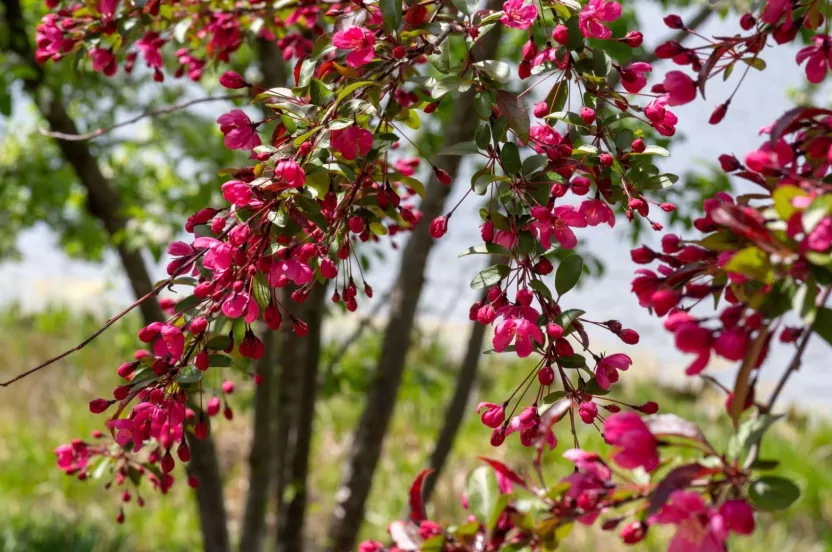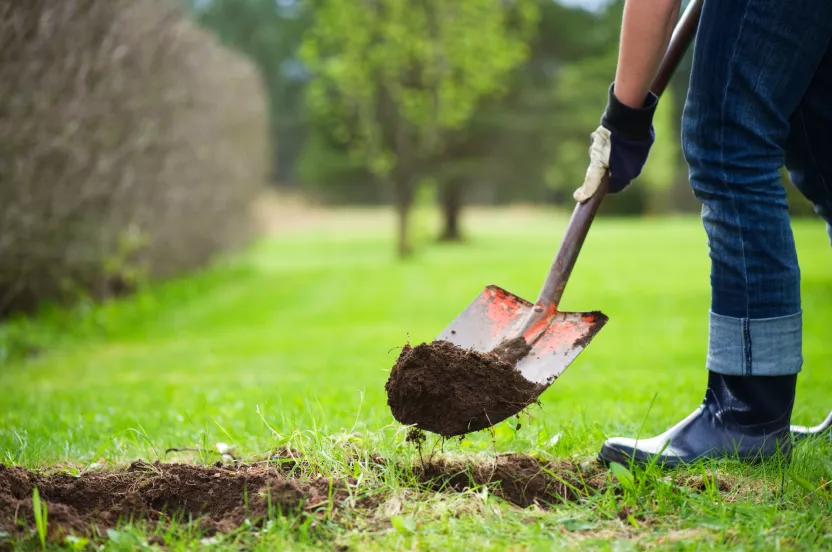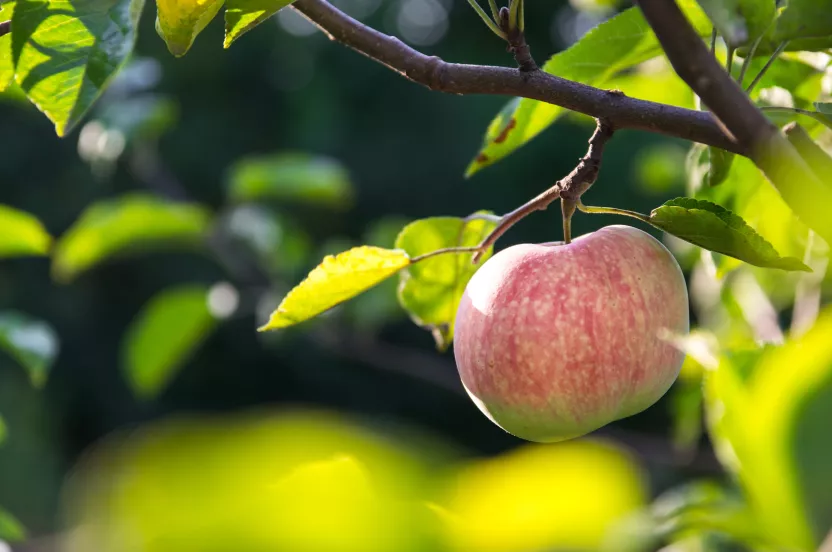The Arbor Day Foundation is pledging 10 million trees to areas impacted by hurricanes Helene, Milton Help us replant
Having a garden that provides year-round interest is easy with some careful planning. For the best results, carefully choose your trees and shrubs so that some flower in early spring, others in late spring/summer, and yet others that flower in the fall or carry their blooms through the winter. This will ensure plenty of activity in your garden from birds and wildlife, as well as giving your landscape a variety of colors and shapes. Following are three late-blooming trees and shrubs that are easy to grow and will brighten up your lawn or street.
Fragrant Lilac
The fragrant Lilac tree will provide your garden with color and fragrance in the form of long-lasting light purple or lavender flowers that bloom in April or May. It is a great choice for a hedge, screen or on its own as a landscape feature. Besides its pretty fragrant flowers, the Fragrant Lilac tree is known for its hardiness and ease of growing. It also requires very little pruning or aftercare and will thrive in most soil types though it prefers rich well-drained soil with a neutral PH.
Sargent Cherry
The Sargent Cherry is a fast-growing tree that can reach heights of 50 feet and makes a good garden or street tree. You can expect single pink flowers in spring, with a yellow and orange-red color in the fall.
Its life span is around 20 years and it is resistant to cold, wind and pests or diseases, while its small prized fruit is less messy than other varieties and therefore requires less cleaning up. This cherry tree needs some careful pruning to improve its strength but can be used along entry roads or on lawns as long as you allow enough space for its large canopy.
Northern Catalpa
This tree will grace your garden with white trumpet-shaped flowers that are 3-6cm across in late spring, and feature yellow stripes and purple spots. The Northern Catalpa can grow almost anywhere in N. America but prefers full sun and moist soil with a high PH.
When choosing a Northern Catalpa for your garden, you should be aware that its branches may be prone to wind and ice damage and you also need to make sure that it does not have a negative effect on your other shrubs with the large amount of shade it casts. It will need plenty of space to avoid crowding out your other plants and it also requires some cleaning up of the fruit and seeds it drops.
View more flowering trees

